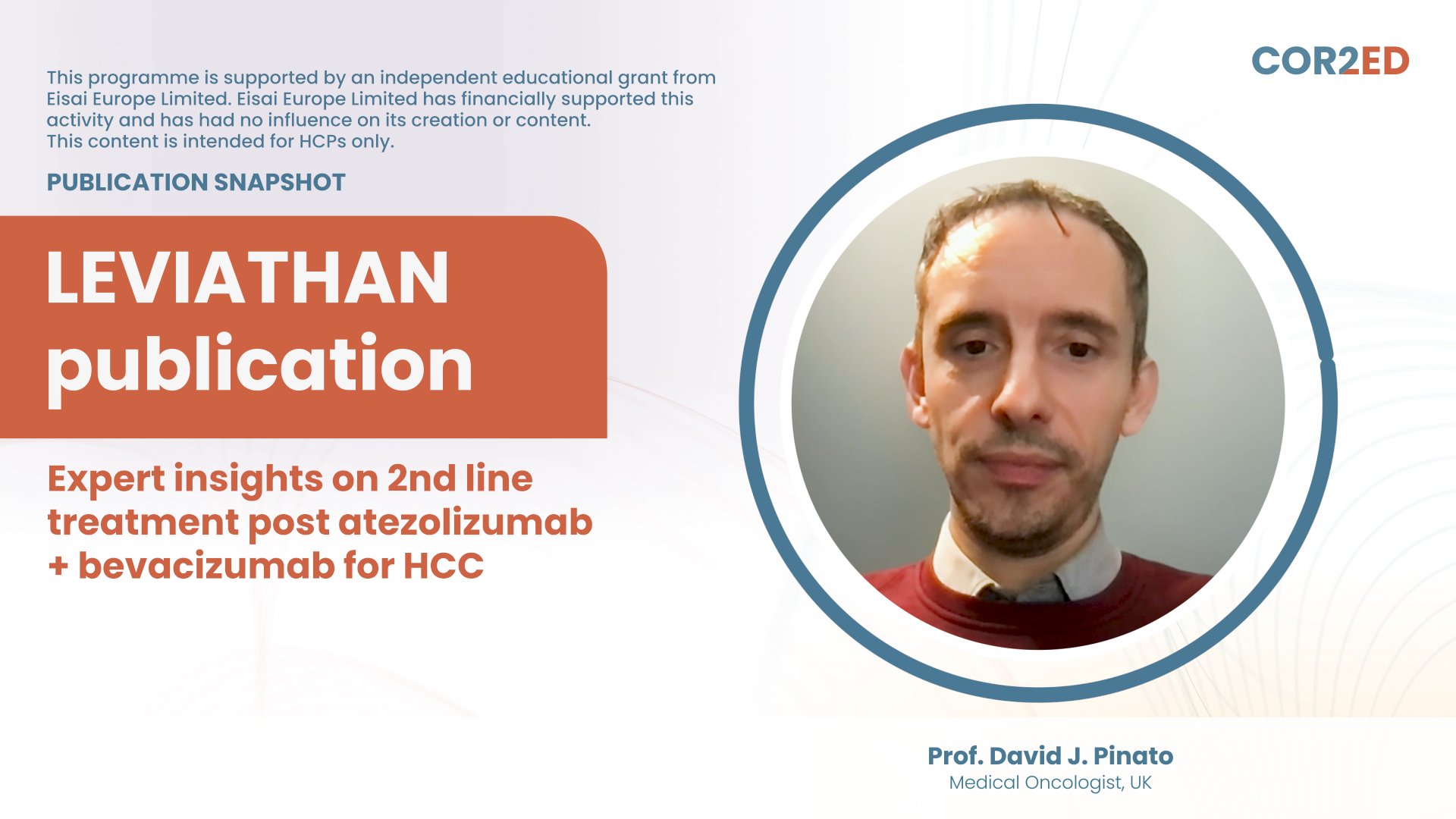NTRK CONNECT UPDATE FROM WCLC, ECP and ESMO 2022
Hi. My name is Fernando Santini, and I'm a medical oncologist at the Thoracic Oncology Service here at Memorial Sloan Kettering Cancer Center. On behalf of NTRK CONNECT I have the honour to provide an update of the main NTRK fusion data from WCLC, ECP and ESMO 2022.
First the extended follow up of efficacy and safety of larotrectinib in the cohort of patients with TRK fusion lung cancer was presented at WCLC. This data set included 26 patients. The overall response rate, which was the primary endpoint assessed by an independent review committee, was 83%. Of note, most of these patients were highly pretreated, having received three or more lines of therapy. With a median follow up of 12.9 months the median duration of response was not reached yet, but the mean overall survival was 40.7 months. This dataset reassures that larotrectinib is the best first-line therapy for patients with TRK fusion-positive advanced lung cancer.
Switching gears a little bit to the diagnostic field, there is an urgent need for a rapid assessment of multiple genomic alterations in non-small cell lung cancer. New work presented at the European Congress of Pathology tested the performance of an ultra-fast gene fusion assessment strategy as a reflex testing for advanced non-small cell lung cancer patients. Two platforms were tested. The Oncomine™ Precision Assay, which is an NGS amplicon-based test that includes all the key targets. And a new Idylla™ GeneFusion Assay, which is a fully automated based on RT-PCR that detects known and novel fusions combining two detection techniques.
With a sensitivity of 98% and a specificity of 99%, the performance of the two approaches were the same when compared with the gold standard techniques. The turning point is that the full sample to result workflow can be completed in just a single day, and without doubt these new technologies should be incorporated at diagnoses in order to treat patients in a timely fashion.
And to conclude in a more mature data set with a longer follow up of the pooled analysis of patients with TRK fusion cancer treated with larotrectinib that was again presented at ESMO. A total of like 164 patients were evaluable for efficacy analysis by an independent review committee and from 17 different tumour types most commonly soft tissue sarcoma, thyroid, salivary gland and lung, the best overall response rate was 74%. The dataset reached an impressive median duration of response of 34.5 months. Larotrectinib continues to demonstrate durable and deep responses with a very favourable safety profile.
This highlights the importance of identifying NTRK fusions in cancer patients.
Please visit the NTRK CONNECT website to have access to a more detailed slide deck.




 Downloadable
Downloadable  6 MIN
6 MIN
 Dec 2025
Dec 2025 








